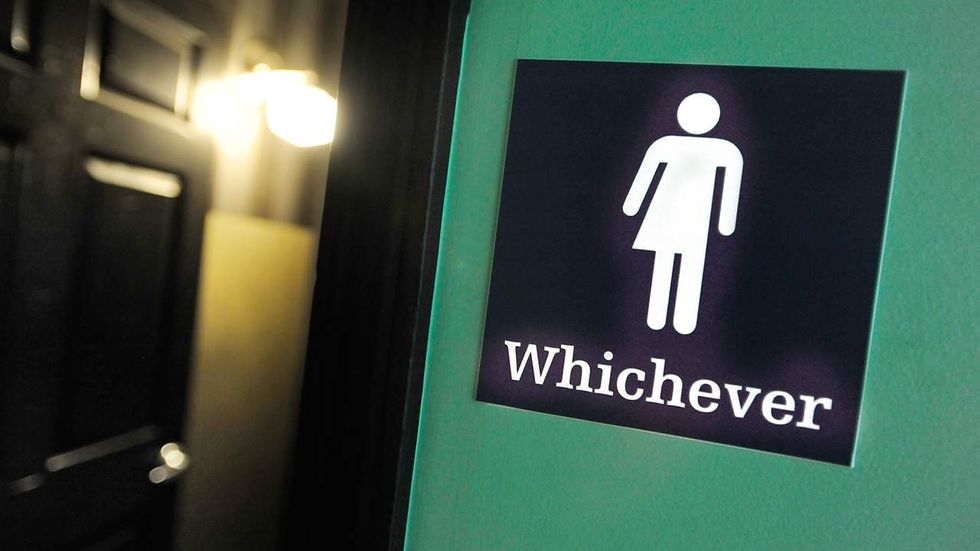
Parents sue Yorba Linda private school claiming 8-year-old transgender daughter had to wear boys’ uniform. (2016 file photo/Sara D. Davis/Getty Images)

A recently approved Minnesota Department of Education “toolkit” instructs schools to isolate students who are concerned about sharing bathrooms and locker rooms with transgender students.
On Wednesday, an advisory council for the Minnesota DOE approved a new toolkit, titled "Safe and Supportive Schools for Transgender and Gender Nonconforming Students," which provides public schools with advice for how schools should interact with and protect transgender and “gender-noncomforming” students.
The Minnesota Star Tribune reported the toolkit is nonbinding and could be edited in the future, according to Education Commissioner Brenda Cassellius.
The toolkit’s stated goal is “to help school districts and charter schools create school environments where transgender and gender nonconforming students are safe, supported and fully included, and have equal access to the educational opportunities provided to all students as required by federal or state law.”
Among the many ways the toolkit says schools can create a welcoming environment for transgender students, from kindergarten through 12th grade, is to provide transgender students with access to bathrooms and locker rooms that conform with students’ gender identity and to segregate students concerned with privacy.
“Schools should work with transgender and gender nonconforming students to ensure that they are able to access needed facilities in a manner that is safe, consistent with their gender identity and does not stigmatize them,” the toolkit states. “Privacy objections raised by a student in interacting with a transgender or gender nonconforming student may be addressed by segregating the student raising the objection provided that the action of the school officials does not result in stigmatizing the transgender and gender nonconforming student.”
There’s nothing in the toolkit to prevent, for instance, a male student from claiming to be a girl and therefore having access to female restrooms and locker rooms, and then for a female student who objects to be "segregated."
Schools are also told they should “have regular meetings with students, teachers and other staff to discuss how to make transgender students more comfortable. Schools are instructed to allow transgender students to choose the pronouns staff must use when addressing them, and does not require a medial “transition” before students are to be treated as the gender of their choice.
Teachers are warned they could violate federal law if they use the “incorrect pronoun or incorrect name” of a transgender student.
“Family Educational Rights and Privacy Act (FERPA) protects the privacy of students,” the toolkit states. “Schools should note that neither a student’s gender nor pronouns are considered public or directory information. Casual use of a student’s incorrect pronoun or incorrect name may violate FERPA.”
Schools are encouraged to make exceptions to dress codes for transgender students and to change “school traditions” to be more inclusive.
“In an effort for inclusivity, schools may wish to consider revisiting existing traditions or establishing new traditions,” the toolkit states. “For example, instead of electing a homecoming king and homecoming queen, some schools have chosen to nominate ‘prom ambassadors,’ ‘homecoming court’ or ‘homecoming royalty.’ At the University of Minnesota, for example, the titles of homecoming king and queen have been replaced with the title ‘Homecoming Royalty’ and students selected as royalty will now be called ‘royals.’”
John Helmberger, CEO of the Minnesota Family Council, said the toolkit will likely be challenged in court and that the “concerns of gender-conforming students and parents are ignored and dismissed" by the toolkit, according to a report by the Star Tribune.
Justin Haskins